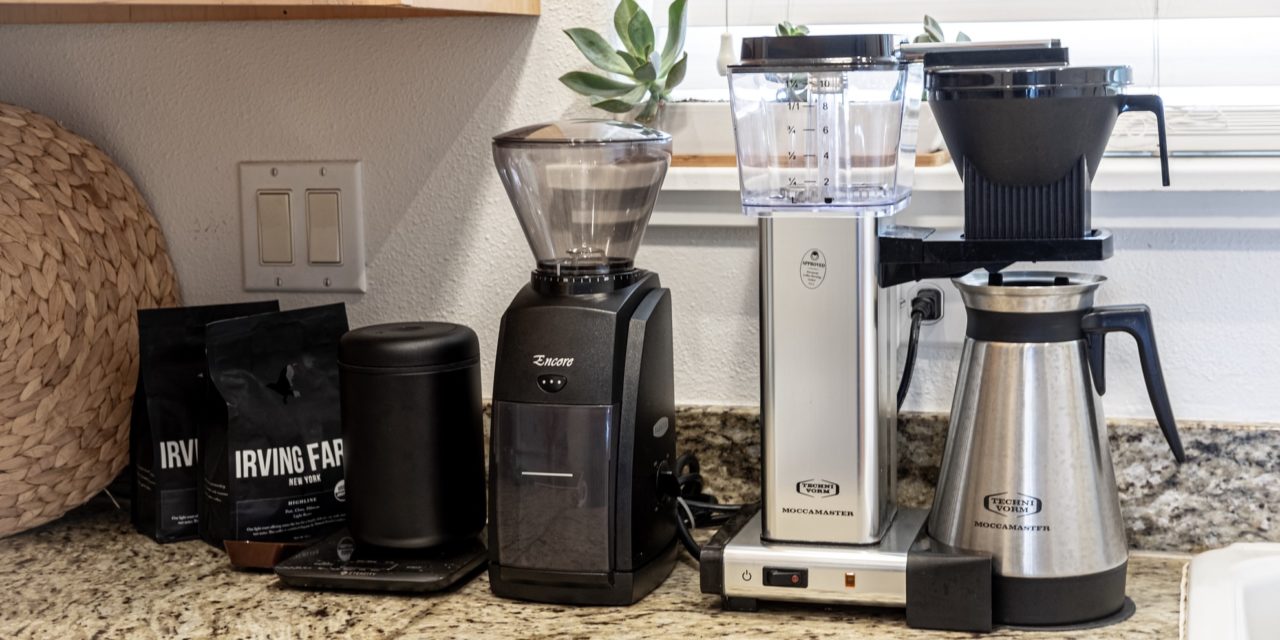[ad_1]
Whether you're a homeowner or a business owner, you depend upon your appliances to get you through each day. When an appliance breaks down, you need it fixed properly and as quickly as possible. That said, anyone who runs or works in a business that relies on appliances to function understands the differences between the demands put on commercial versus residential appliances.
Your appliance repair expert should understand those differences, too. When you're researching appliance repair companies online, look for a team that is trained and certified in the type of appliance repair you need. You want to trust your valuable appliances to someone who knows what he's doing and who will be able to give you expert repair service.
Commercial and residential appliances differ in terms of:
The Work Required of Them
The appliances in your home must stand up to the demands of daily life, but their job is small compared to the work a commercial appliance does each day. Where your home oven or stove makes three meals a day, a commercial cooking appliance might feed hundreds of customers during each meal service. You might do a few loads of laundry a week at home, but the washing machines and dryers at a laundromat are running almost constantly throughout business hours. Commercial and home appliances are designed differently so that each unit can best perform the work being asked of it.
Structure and Components
Commercial appliances tend to be more specialized in function than residential appliances, especially in the kitchen setting. In a commercial kitchen, cooks often have a separate stove, oven, broiler, griddle, and range for maximum efficiency and ability to cook many different dishes simultaneously. In a home setting, these appliances are often combined into one unit, because of the decreased need to perform all functions at once-and because of space considerations. In terms of appliance repairs, a technician trained to work with residential appliances may not have any experience or training with commercial models. Because the structure and components of each model can differ so drastically, the two skill sets are typically not interchangeable.
Aesthetic Needs
A final major difference between residential and commercial appliances is their appearance. Most commercial appliances are designed to be strictly utilitarian. They'll be streamlined in terms of function, but how they look is significantly less important than how they do their job. They also need to be extremely easy to clean. Home appliances, meanwhile, are available in a variety of different designs, shapes, and sizes to work with homeowners' space restrictions and home decor preferences. While the aesthetic differences between commercial and residential units may not affect your appliance repair hiring decision as much as the functional differences, if the look of your appliance matters to you, this is something to keep in mind.
What's the bottom line? If you own or operate a business, bring in a commercial appliance repair expert when one of your units stops functioning. If you need help at home, contact a residential appliance repair company. And, whenever you're searching for a professional to conduct appliance repairs, look for a company that offers the right balance of training, knowledge, skill, speed/efficiency, and price.
[ad_2]
Source by Penny Q Jones


